True or false: Mom’s eating habits during pregnancy can affect her baby’s genetics?
When this question flashed on a screen at the recent Spectrum Health Healthier Communities class for expectant parents, A Good Start: Nutrition, Exercise and Your Pregnancy, the room fell quiet.
Class participant Claire Addis, who was 20 weeks pregnant with her first baby at the time of the class, said true.
That baby is going to have a smart mom.
New research shows that a mother’s eating habits and her physical activity during pregnancy can influence expression of her baby’s genes, as well as affecting the baby’s brain health and microbiome health, explained Jill Graybill, a registered dietitian and community nutrition educator with Spectrum Health Healthier Communities.
“What we eat does matter,” Graybill said.
In fact, it matters even more than we previously thought.
Nutri-knowledge
In a field called nutrigenomics, growing evidence shows that a mother’s nutritional deficiencies during pregnancy can impact a baby’s genes forever. It could even play a role in determining a baby’s risks for certain diseases.
“We are born with our genes, so those do not change,” Graybill said. “But science shows that what mom eats during pregnancy can turn certain genes on and off in different ways.”
Also, microbiome research shows that a mother’s gut health during pregnancy may have a big impact on a baby’s long-term health and development.
How, exactly?
Everyone’s guts are filled with good and bad bacteria, Graybill explained. During each trimester of pregnancy, a mother’s gut microbes change to support the baby’s growth.
New research shows that as the pregnancy progresses, a mother’s gut has more “bad” or disease-related bacteria, while the number of “good” bacteria decreases.
“By the third trimester, the microbes of a pregnant woman look like someone with metabolic syndrome or prediabetes, in terms of insulin resistance and likelihood of weight gain,” Graybill said.
This is a good thing, of course, because it helps baby pack on the pounds during the third trimester.
“What you want to do in pregnancy is to feed the microbiome well,” she said. “It helps with immunity, mood and weight.”
So what should mothers do to improve their gut health during pregnancy? That’s exactly what Addis wanted to know during the class.
There are two steps, according to Graybill.
The first is prebiotics—feeding and boosting your existing bacteria by consuming healthy, high fiber foods such as fruits, vegetables and whole grains.
The second is probiotics—adding to the bacteria you already have by eating yogurt, kefir or other fermented foods like kombucha tea. Probiotic supplements may be helpful as well.
Research also shows that babies born vaginally inherit more of mom’s microbiome than babies born via C-section. This is healthier for the baby as it helps with digestion of breast milk.
Because of this, a new trend has taken shape: Moms who must deliver via C-section are asking doctors to swab or smear their newborns with vaginal fluid right after birth. The intent is to help them absorb more of the mom’s microbiome, Graybill said.
Smart fitness
Mom’s exercise habits during pregnancy can also impact baby’s health, according to Spectrum Health exercise physiologist Kim DeLaFuente, who also taught at the Good Start class.
New research shows exercise increases levels of brain-derived neurotrophic factor, which is fertilizer for the brain in that it helps grow brain cells. An expectant mom likely passes these to her baby.
One study showed that expectant mothers who walked 20 minutes for three days a week had babies with more mature brain development in certain parts of the brain.
For expectant mothers who have not exercised previously, DeLaFuente urged starting slow. A good starting point would entail moderate exercise for 30 to 40 minutes at least three times a week.
And instead of dreading the exercise, moms should try to look forward to it. Just think of the big payoff.
Said DeLaFuente: “What’s in it for me and what’s in it for baby?”
Addis, who attended the class with her husband, Todd, came away with new information.
“There are so many things on the internet,” Addis said. “It’s really nice to hear from a professional—what’s true and what’s not.”
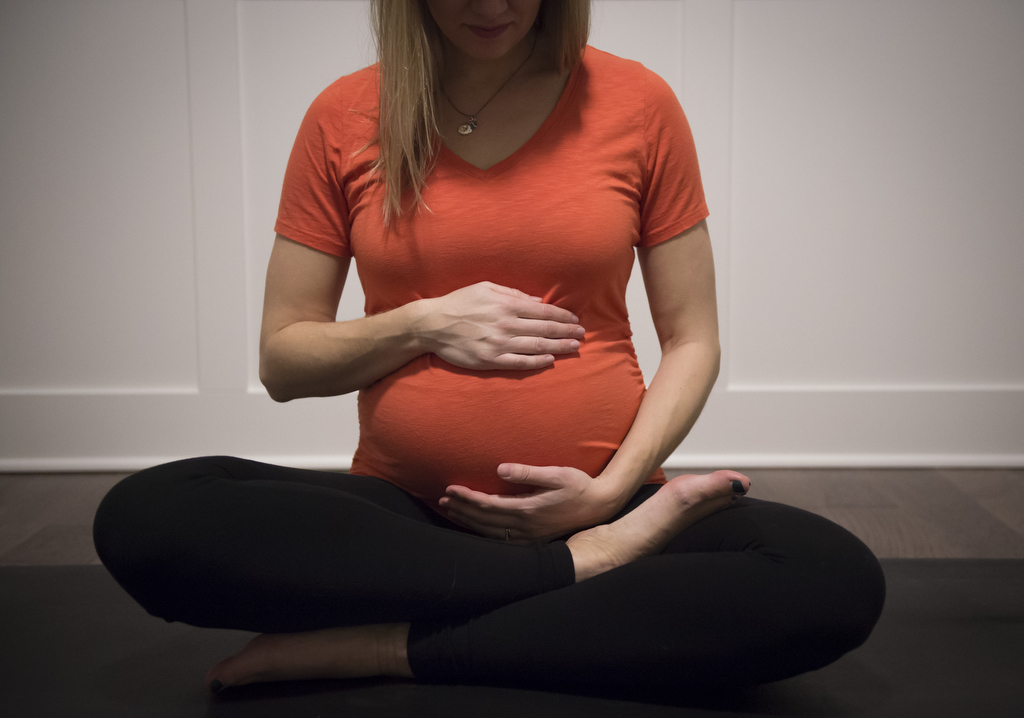
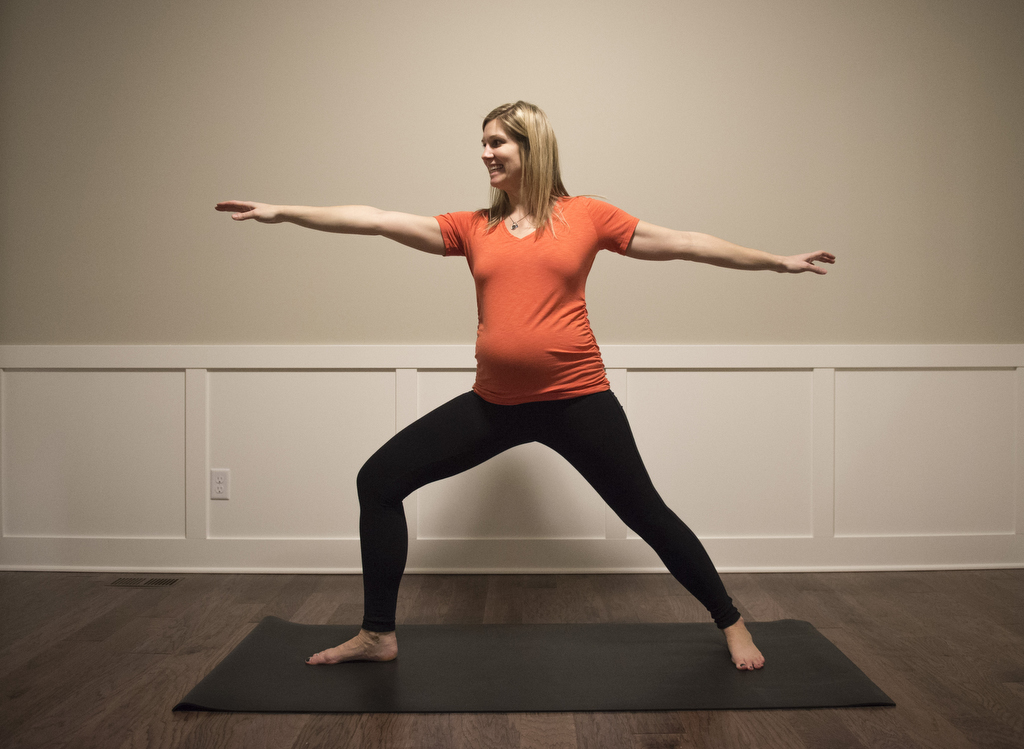
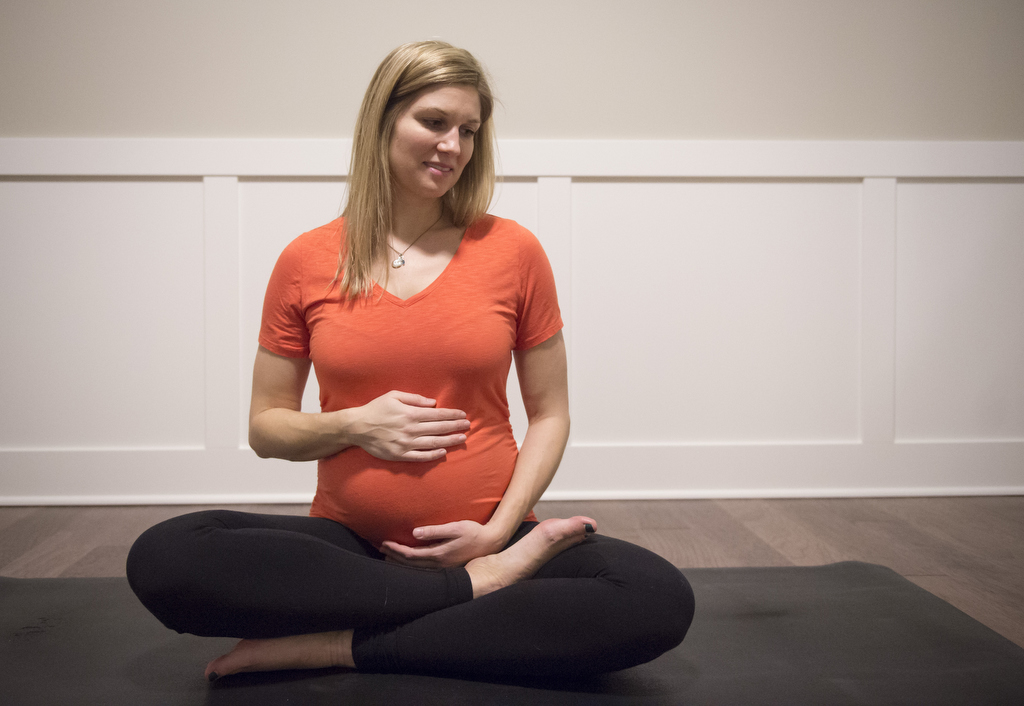
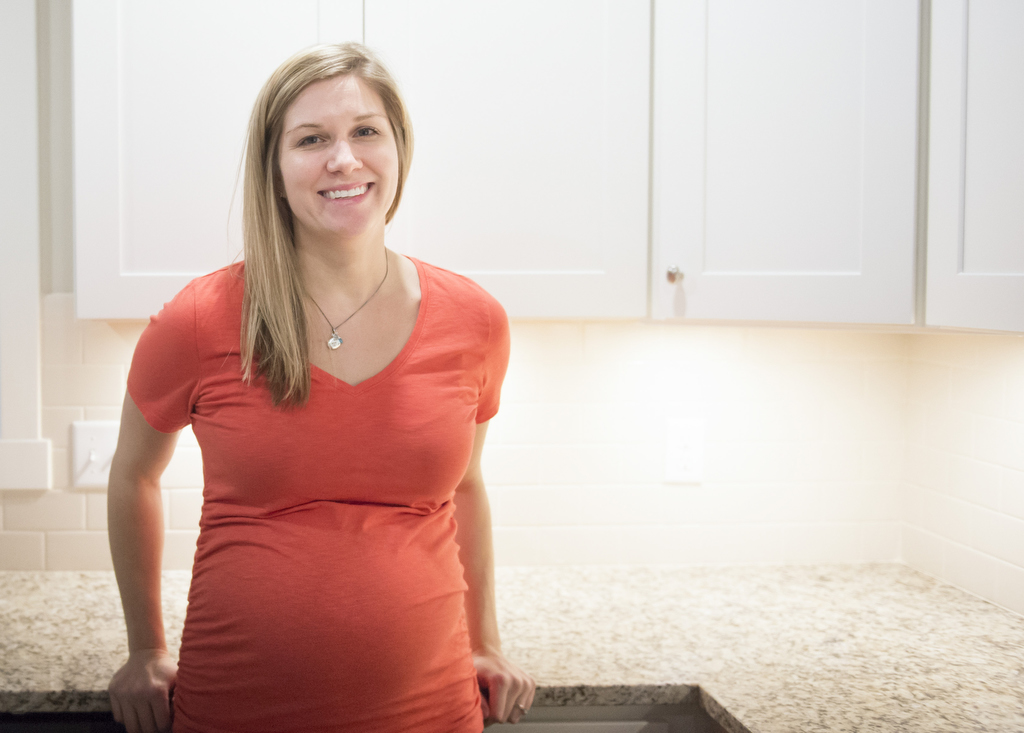
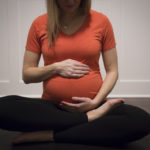
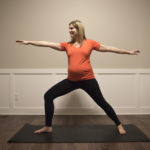
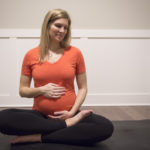
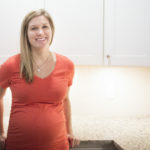

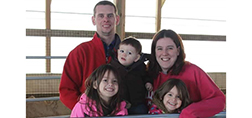 /a>
/a>
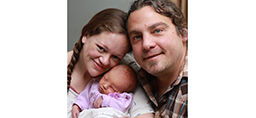 /a>
/a>
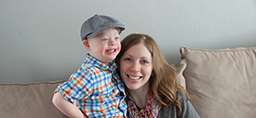 /a>
/a>